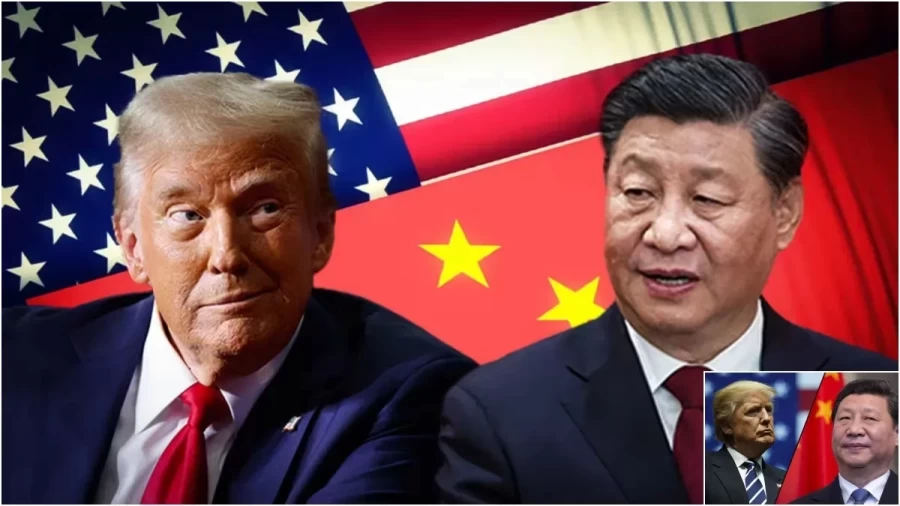US-China Tariff War: The trade tension between the US and China has now reached a new level. The US has imposed a tariff of up to 245% on Chinese goods, which is the largest duty so far. This decision has come at a time when China has banned the delivery of aircraft of American company Boeing and has also ordered its airlines not to buy American equipment and parts. According to the White House fact sheet, this decision has been taken in view of America's security and industrial priorities.
Tariff clash: America vs China
This action of China is being seen as a response to the 145% tariff imposed earlier by the US. Now the trade war between the two countries has deepened further due to the imposition of 245% tax by the US. This tariff means that now two to two and a half times more duty will have to be paid on the products coming from China to America, due to which the price of Chinese goods will increase extraordinarily in the American market.
China's strong response
China has sharply criticized this action of America. Chinese Foreign Ministry spokesman Zhang Xiaogang said that China does not want conflict with the US, but will not bow to pressure either. He warned the US that the path of dialogue can remain open only when Washington abandons the policy of pressure and tariffs. The spokesman also said that such a strategy cannot bring back America's lost greatness.
China has also denied that it has officially ordered a halt to Boeing's delivery. However, despite Beijing's denial, the news had a direct impact on the market.
Impact on global market
The impact of the trade war is not limited to the US and China. It is also adversely affecting global supply chains, investment and trade stability. While the US has given 90 days' relief from tariffs to the rest of the countries, China has been excluded from it. It is clear from this that the US strategy this time is specifically targeting China.
Big setback to Boeing
Amid the trade conflict, American aircraft manufacturer Boeing has suffered a major setback. The company's shares fell sharply after the news of a possible ban on the delivery of aircraft by China. On April 15, 2025, the company's stock on Nasdaq fell 3.56% to US $ 153.61, which is about $ 5.67 less than the previous day. Due to this, Boeing's market cap has also been affected and investors' concerns have increased.
What's next?
This new wave of trade war is now pushing the global economy towards uncertainty. In such a situation, the question is whether the two superpowers will return to the negotiating table or will this economic conflict take a wider form? For now, the world's eyes are on the next move of Washington and Beijing.


